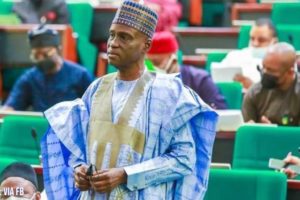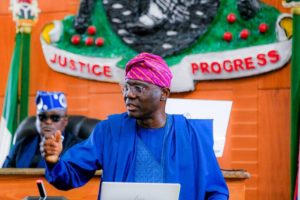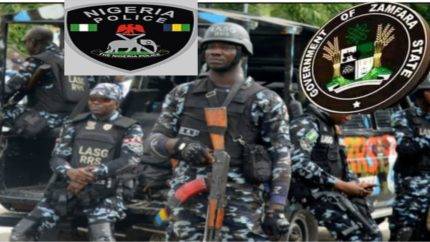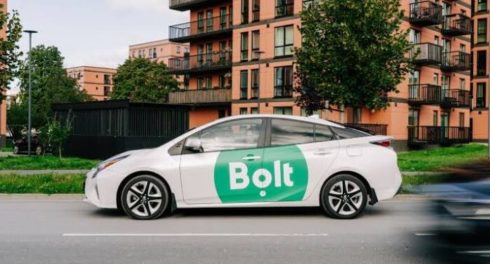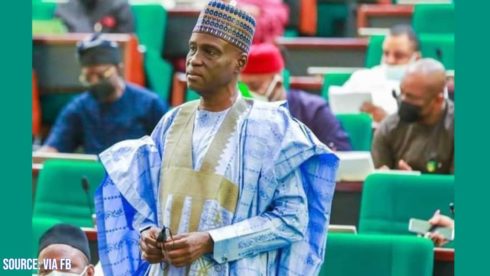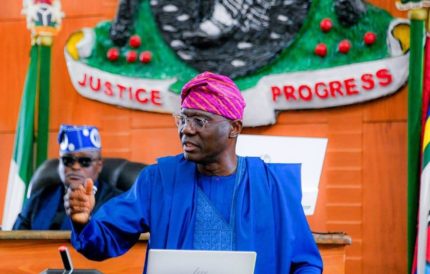In response to a growing social media rivalry between Nigeria and South Africa, Bolt, the popular online taxi service, has taken decisive action by restricting “inter-country” ride requests between the two nations. This unprecedented move comes after a wave of pranks originating from South Africa, where users booked and then canceled rides in Nigeria, leaving drivers in both countries frustrated and out of pocket. The prank, which gained traction on social media platforms like X (formerly known as Twitter), saw Nigerian and South African users retaliating against each other in what has been dubbed the “Bolt war.”
Bolt’s decision to block users involved in these malicious activities was a necessary step to protect its driver-partners. In a statement, the company acknowledged the adverse impact this situation has had on its drivers in both countries. However, it clarified that inter-country ride requests would still be available between other nations, suggesting that this restriction is a targeted response to the ongoing feud. This measure highlights Bolt’s commitment to safeguarding its drivers from being used as pawns in a senseless online rivalry.
Drivers Suffer Financial Losses Amid Malicious Pranks
Drivers have been at the center of this cross-border feud, bearing the brunt of the prank with no compensation for their wasted time and resources. Nzulu, a Zambian Bolt driver based in Cape Town, shared his experience with local media, recounting how he received multiple ride requests that turned out to be fake. These bogus requests not only cost him valuable time but also resulted in a significant financial loss as he burned through fuel chasing after non-existent passengers. Nzulu’s story is just one of many, as drivers across Nigeria and South Africa reported similar incidents of prank bookings.
The situation has escalated to such a degree that drivers have also been subjected to harassment via Bolt’s messaging feature. Chinyama, another Bolt driver, described how he was bombarded with insulting messages, with one individual even referring to him as “Mandela’s son.” Such incidents have left many drivers feeling demoralized, as they struggle to make an honest living amid rising fuel costs and a volatile economic climate. The pranks, which started as a joke on social media, have had real-world consequences for drivers who are simply trying to earn a living.
Social Media Pranks Spark Broader Conflict(Bolt War)
The “Bolt war” can be traced back to a post on X, where a South African user boasted about ordering a ride in Nigeria purely out of boredom, sparking a chain of events that quickly spiraled out of control. This post ignited a flurry of similar pranks, with Nigerians soon retaliating by canceling rides ordered from South Africa. The online feud between the two nations, both of which are considered economic powerhouses in Sub-Saharan Africa, has a long history, often flaring up over cultural and social issues. Recent tensions have also been fueled by other incidents, such as the Miss South Africa controversy, where a half-Nigerian contestant faced xenophobic abuse.
As the pranks spread, the impact was felt beyond just the drivers. Prices for rides surged in both countries, leaving many regular users stranded as they could no longer afford the inflated fares. Social media, while often a platform for light-hearted banter, has once again proven to be a double-edged sword, capable of inciting serious economic and social disruptions. The “Bolt war” serves as a stark reminder of how easily online rivalries can translate into real-world consequences, affecting livelihoods and exacerbating tensions between nations.
Calls for Unity Amid Economic Hardship
Amid the chaos, there have been voices of reason calling for an end to the pranks. Social media users from both Nigeria and South Africa have urged their compatriots to consider the impact of their actions on ordinary people. One user on X pointed out that Bolt and Uber drivers are merely trying to make ends meet and are not involved in the online trolling. Another user expressed their dismay at how innocent and hardworking individuals are suffering due to the thoughtlessness of others.
The economic context in Nigeria has further exacerbated the situation, as fuel prices have soared in recent months, making every drop of fuel precious for drivers. The pranks not only waste their time but also drain their financial resources, adding to the already significant burden of operating in a challenging economic environment. In both countries, the surge in ride prices and the strain on drivers have highlighted the need for greater unity and empathy, especially in times of economic hardship.
As the “Bolt war” continues to unfold, it remains to be seen whether the restrictions imposed by Bolt will be enough to curb the pranks and restore normalcy for drivers and passengers alike. What is clear, however, is that the rivalry between Nigeria and South Africa has once again exposed the fragility of online interactions and their potential to cause widespread disruption in the real world.
Table of Contents
Discover more from OGM News NG
Subscribe to get the latest posts sent to your email.

